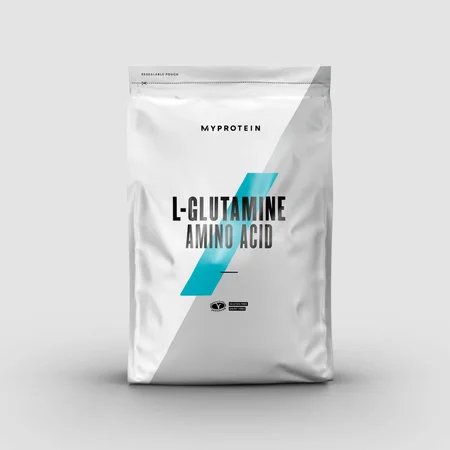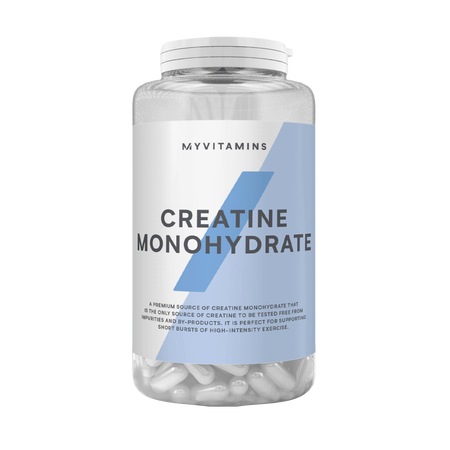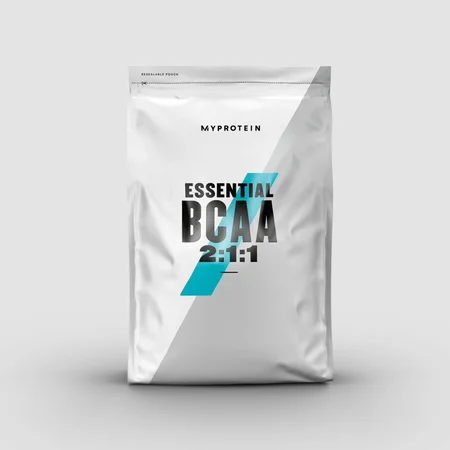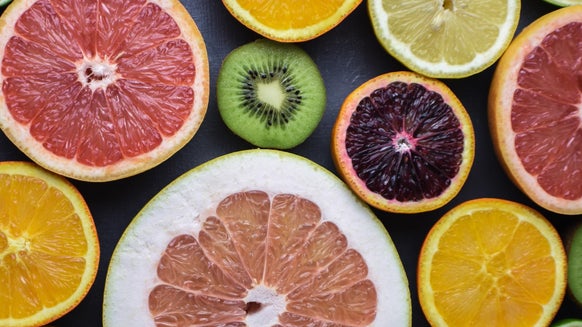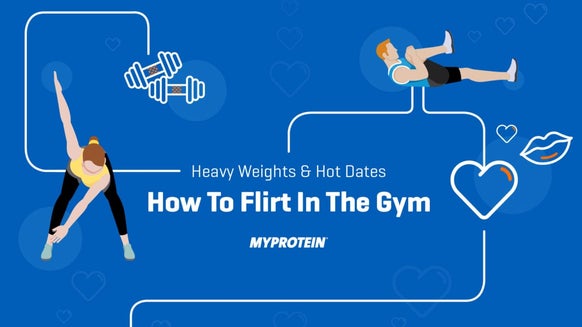Top 5 Supplements For Gaining Muscle
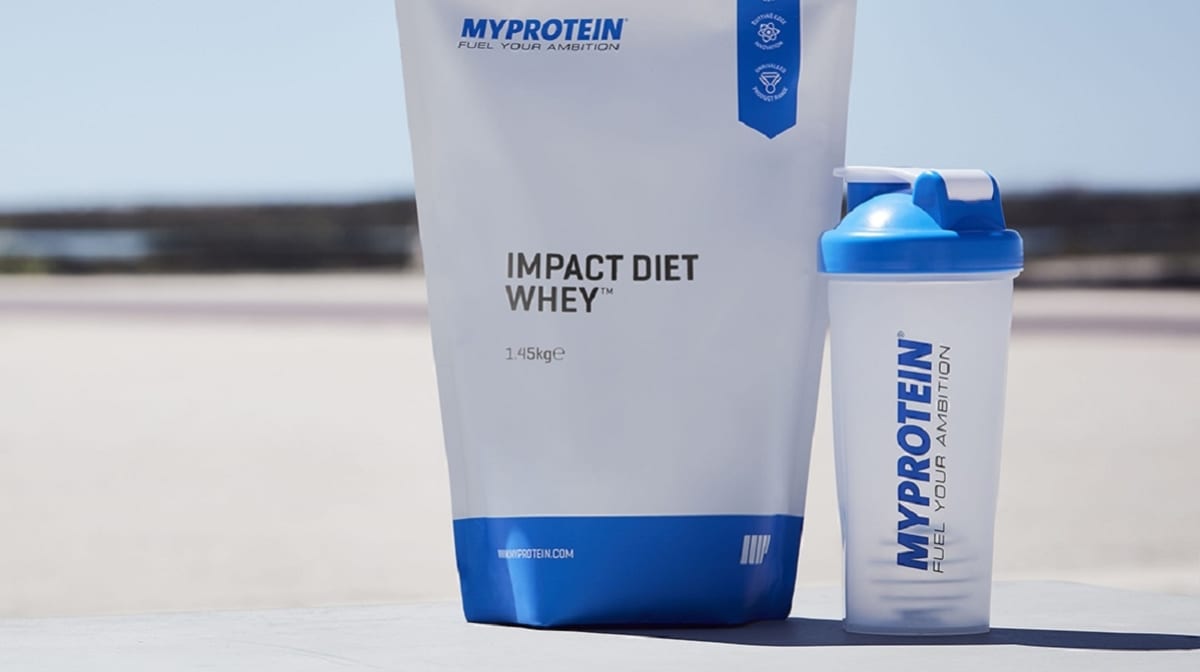
Looking to gain muscle? When putting your body through intense training it's important to meet all increased nutritional demands. Check out these 5 top supplements for gaining muscle!
1. Whey Protein
Whey at the top of the list is whey protein!
Whey protein is a number one priority for those looking to gain muscle mass- but what’s so special about it?
Whey protein is a protein found in milk and is actually a by-product of cheese making. This essential supplement is crowned top of the list due to its unique digestive properties. Whey protein contains a large level of BCAAs. BCAAs are the essential branched chain amino acids that are required to accelerate protein synthesis and the repair of muscle fibers.
Whey protein is unlike any other protein due to its super fast absorption in the body, meaning it can deliver an essential source of muscle building protein quickly and directly to your demanding muscles.
To gain muscle fast it is advised you take whey protein 15 to 30 minutes after a workout! Myprotein Impact Whey Protein is unlike others with tons of different amazing flavors- why not try a scoop with milk, cottage cheese, Greek yogurt or even just water!
2. Creatine Monohydrate
Next on the list is creatine monohydrate. Creatine is the essential supplement needed to push yourself to lift that little bit heavier and get that extra rep in. If you haven’t heard of creatine before its name may come across as a little daunting- but actually creatine is a naturally occurring chemical that exists in the muscles! Creatine is nothing more than a combination of three different amino acids, glycine, arginine, and methionine.
This naturally occurring metabolite is stored and used in the muscles as a source of energy and when we exercise these creatine stores become minimal. By supplementing with creatine pre- and post-workout you can maximize and replenish creatine levels in the muscles, which has been shown to increase energy and power output during intense exercise.
Making creatine a part of your training and supplementation regime not only benefits short-term gains but also acts to strengthen the muscles and provide an extra power output in the long run- helping you to maintain your progress and success. Asides from supplying the body with a form of quick energy supplementing with creatine are essential for gaining muscle mass quickly, whereby creatine loading is often advised.
3. BCAA
BCAA stands for branched-chain amino acids. If you haven’t heard of amino acids before- or you often just nod unknowingly in biology classes, amino acids are the building blocks of proteins! Muscle= protein so if we want to build muscle… that’s right we need amino acids!
There are 20 confirmed amino acids- 9 of which need to be consumed in the diet. The three BCAAs, leucine, isoleucine and valine are unique in chemical structure- which is what makes them essential for building muscle. These 3 amino acids are unlike others whereby free form BCAAs are metabolized directly in our muscle tissues.
BCAAs are just a few of the only amino acids that can be used by the body during exercise as a source of energy. This means after exercise blood levels of BCAAs are relatively low. Low levels of these muscle repairing amino acids slow down the rate of protein synthesis after a workout - and this is where supplementing with BCAAs post-workout can act to replenish blood levels and accelerate the rate of protein synthesis.
To maximize muscle gains it is best to consume BCAA’s throughout the day:
4. Glutamine
After the essential amino acids comes the non-essential and semi-essential - but this doesn’t mean they should be forgotten about!
So what’s the difference and why do you need glutamine?
Glutamine is a top supplements among many gym goers- not just bodybuilders. This amino acid aids muscle growth and helps to prevent the breakdown of muscle tissue during exercise, whereby supplementing with glutamine has been shown in scientific studies to boost muscle growth hormones, and decrease muscle fatigue and tiredness. This helps to improve endurance and strength during your workouts meaning you can lift heavier for longer.
What’s more, glutamine can also act to support our immune system! When we’re constantly exercising the body can become run down- recent studies have shown that glutamine supplementation can help support the immune system and prevent us from becoming fatigued and catching those common colds!
It is advised to supplement with glutamine:
Supplementing pre-workout with glutamine can also aid fat loss- particularly crucial for those looking to decrease body fat. When we workout amino acids can become an essential source of fuel- meaning hard earned muscle can be broken down as a source of energy. But by supplementing with glutamine you can actually promote the body to use our fat stores as a source of energy.
5. Beta- Alanine
You may be thinking… “not another amino acid”… but after making beta-alanine a part of your supplementation you’ll definitely be thanking us.
When consumed, beta alanine combines with another amino acid histidine to form the chemical complex carnosine. Carnosine has been shown in studies to increase the ability of muscle fibers to contract- allowing for an increase in muscle strength and power.
When we exercise, tons of metabolic reactions take place and during in intense levels of physical activity, the concentration of hydrogen ions in the body can begin to accumulate. This increase in hydrogen ions causes a decrease in pH and a more acidic environment for our muscles.
The presence of lactic acid can increase muscle fatigue, meaning you can’t perform to your maximum potential. However an increase in carnosine can help prevent and delay this increase in acidity- thus preventing muscle fatigue.
What’s more- supplementing with beta-alanine has been shown to promote the absorption of creatine monohydrate and allow for a greater increase in muscle mass and fat loss.
Beta-alanine should be taken with creatine monohydrate in the morning and prior to your workout.

Take Home Message
You may be thinking- supplements are not necessary.
But what you need to consider is the amount of stress you are putting your body through. When you exercise more your body’s demands for nutrients is increased- and if you want to see gains you need to meet these demands!
Getting the right levels of amino acids and nutrients in the body can be hard through just diet alone and that’s why the five supplements above are essential dietary aids for gaining muscle. If you want to look like a superhero, guess what… you’re going to have to eat and supplement like a superhero.
If the five supplements above seem like a lot to take in and consume morning, noon and night there are some great all in one formulas that combine a number of these products for your convenience.

